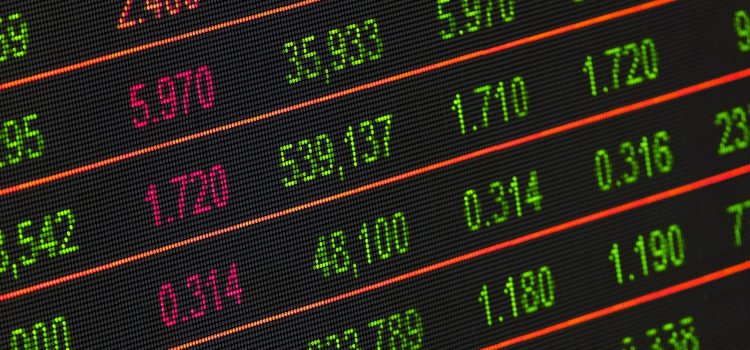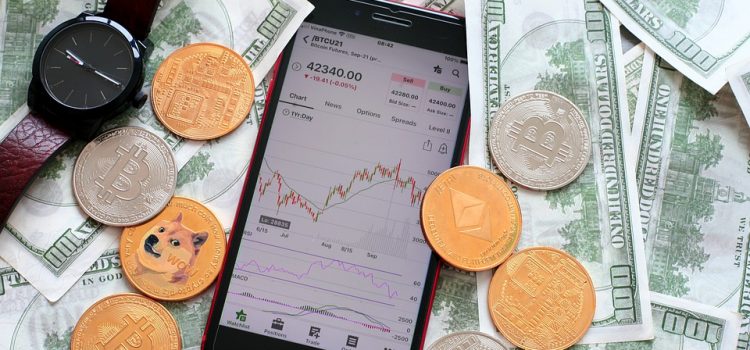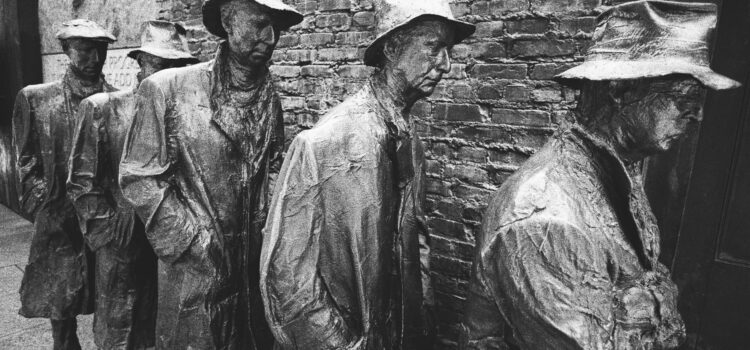What is the drone economy? How are various industries using it and what does the future promise for it? The global drone market is expanding rapidly and is expected to reach $56 billion by 2030. However, strict FAA regulations on drone flights are limiting further growth of commercial drone services. Here’s a look at the FAA’s regulations, and the potential future uses of drones.
How the Global Drone Market Is Being Slowed by the FAA










